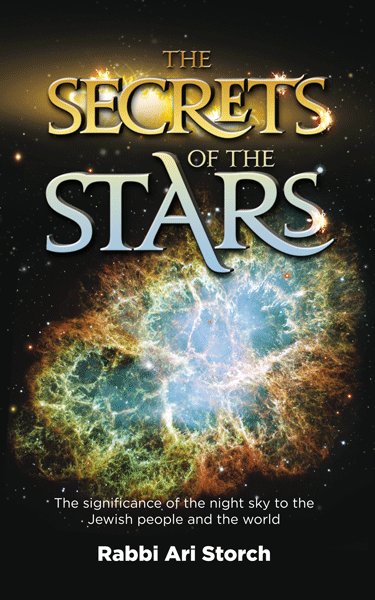Recently, I have noticed a newer practice in several shuls. When they announce the molad they declare that the molad "IN YERUSHALAYIM" will be (or was) at such and such time. Clearly, people are trying to be more precise and accurate with their announcements.
The actual molad is the time when the moon is lined up, directly, with the earth and sun. This is referred to as a lunar conjunction. From this point on the moon will begin to "grow". This event, obviously, happens in one moment and, therefore, one may want to know to which place the time announced is referring. We happen to use a calculated molad which is based on the average amount of time between conjunctions, but this still corresponds to a split second.
If one wanted to, he could figure out when the times of kiddush levana are based on the molad. Therefore, it seems like a wise practice to be more precise so that people will not recite kiddush levana too early or late (thinking that the time was their own time such as EST or PST). It seems clear that most halachic authorities (with the notable exception of the Alei Yonah) maintain that the molad is based on Yerushalayim time.
While noble in theory, this idea is actually, in my humble opinion, doing the exact opposite of what it is trying to accomplish. First of all, let's be honest, almost nobody has a clue what is being announced or of its implications. The few people who do (and know how to calculate kiddush levana times) most probably know that the time announced is based on Yerushalayim. Also, announcing "in Yerushalayim is completely inaccurate, as well and does not resolve anything.
Prior to the nineteenth century every city (location) had its own "timezone". They based their clock on the equinox and considered sunrise and sunset to be the ends of the day. They then called those times six o'clock and kept this count throughout the year. Since Brooklyn is east of Baltimore, for example, Brooklyn will be a little bit ahead of Baltimore's "timezone". When the trains started to run they needed to make uniform timezones in order for them to run on time. This was the STANDARDIZATION of the timezones. That's why we have Eastern Standard Time, etc. Whole segments of countries adapted to one timezone and rejected their local "timezones".
The times mentioned in the announced molad are not of the standardized time in Yerushalayim, but of the local time. It is actually about 21 -22 minutes off. This means that even in Yerushalayim one needs to subtract this amount from the announced time prior to calculating kiddush levana. This is not a new concept and most rabbanim and calendars are familiar with this and they adjust (or inform the reader to adjust) accordingly.
Therefore, unless one announces the time as being in Yerushalayim Local (or Solar) Time, effectively they are announcing it in Yerushalayim Standard Time. Even if one were to announce it as such, I think that it would just create confusion and blank stares since most people don't know what that means. Therefore, I would, humbly, suggest (although I know some honorable rabbanim disagree) to avoid confusion and just announce the molad in the way that it has been for as far back as most can remember. Most people have no clue as to what it is anyway, and what does one gain by confusing them?


2 comments:
I humbly disagree. I think there a plethora of people out there who think they know what they're talking about. I've certainly come across people who think you just calculate three days from the announced molad. Is it not worth substituting a 7-hour margin of error with a 21-minute one?
Why announce it at all? Anyone who knows what to do with it knows where to find it.
The only reason to announce would seem to be a matter of tradition. That being the case, it would make sense to announce it the traditional way and not in Yerushalayim time. Also, there is another reason against the practice. Although it minimizes the error from 7+ hours to 21 minutes, it makes the errant people feel substantiated. This can only perpetuate the error. Then, when the 21 minutes is pertinent (as is the case occasionally) these people are less likely to listen to reason and proper halacha when informed about this concept.
Post a Comment